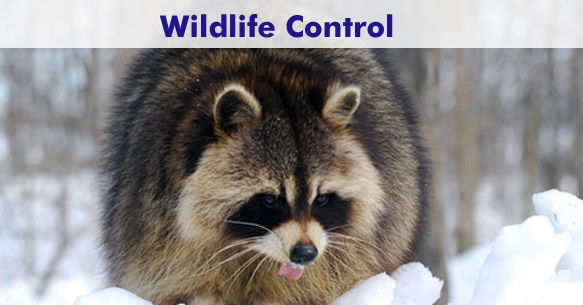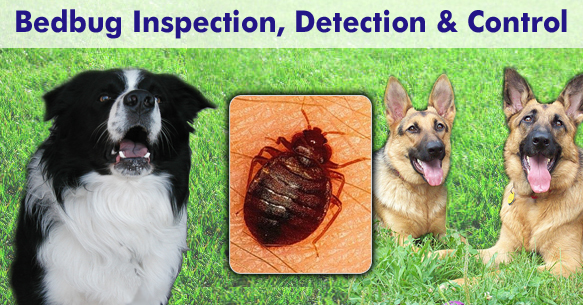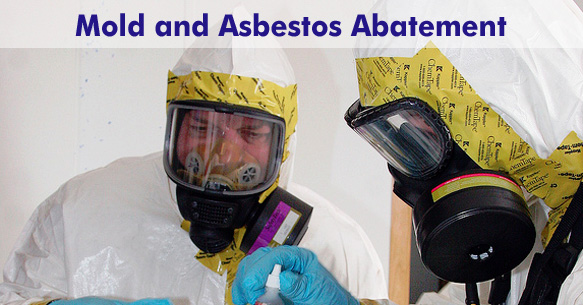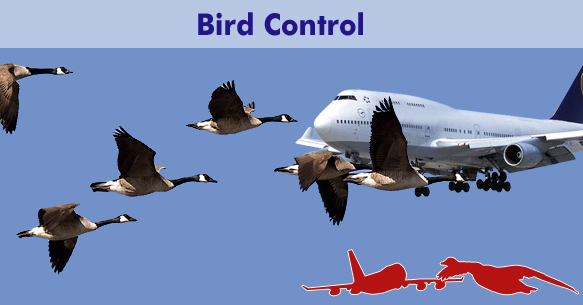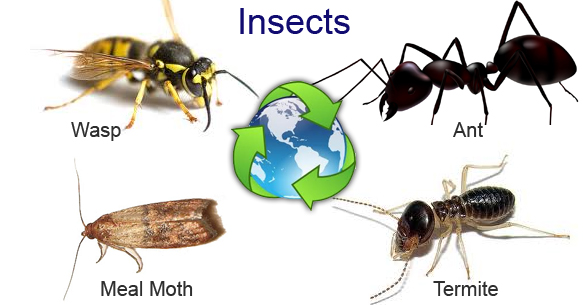
FALL Pest Problems
SUMMER Pest Problems
24/7 Pest Control Service
Integrated Pest Management
Pest Control Products
Crab Grass Control
Crabgrass is quite possibly one of the worst weeds to try and control. In what seems like an instant crabgrass can transform a once supple lawn into a patchy nightmare of mixed grass and crabgrass. While this pesky grass will flourish later in the summer it is wise to take control early in the spring to ensure your lawn remains crabgrass free all season long.
Crabgrass Defined – Ontario Crabgrass
Within the crabgrass family are two main species; large or hairy crabgrass, and smooth crabgrass. Amazing as it sounds, each plant is capable of producing 150,000 seeds per season and can flourish in any climate, especially when it’s hot and dry. So the question as to why it manages to stay alive in our hot Canadian summers lies in the fact that crabgrass actually prefers dry soil, poorly drained areas and bare patches. Funny enough, if you visit many tropical islands you’ll notice that crabgrass is the grass of choice (not a weed) as it easily survives the hot, dry weather.
How does Nimby lawn care control Crabgrass?
The best way to control crabgrass is to apply a herbicide (pre-emergent herbicide) during the weeks prior to germination. This will ensure that all seeds are not released and future outbreaks keep under control. So when does crabgrass germinate? In Ontario one of the easiest ways to determine when crabgrass is germinating is that it normally coincides with the blooming of lilac bushes. In terms of application of herbicides we will strive to apply prior to the blooming of the lilac bushes. In addition, most often crabgrass will germinate after soil temperature has reached about 13 degrees celcius.
What is a pre-emergent herbicide?
We use what is referred to as a pre-emergent herbicide. Basically this is a weed killer applied to the soil before the crabgrass can germinate. While Ontario laws prohibit many herbicides we can use a pre-emergent granular herbicide that will inhibit weeds before they are able to germinate.
Corn Gluten
One of the organic solutions employed by Nimby lawn care is corn gluten meal. This organic alternative was originally used by farmers on hog farms as feed for hogs. However, the discovery that corn gluten contained pre-emergent characteristics has led to the wide-spread use of this method in order to control crab grass. This method works due to its nitrogen content (approximately 10% by weight) which releases slowly over a 3 to 4 month period. The corn gluten is able to inhibit the formation of roots from germinating seeds (in crab grass).
The Nimby Advantage
- TRUE 24 hour service! Answered by a Nimby professional not an answering service.
- Professionally trained pest and wildlife control workers.
- Personalized service. We will tailor your pest or wildlife control measures to your individual situation.
- The Nimby guarantee. We will ensure your 100% satisfaction every time.
Site Links
Pest Identification
About Nimby
Nimby Education Centre
- Airport bird hazard risk assessment process.
- Nimby bird repellers, devices and aversion.
- Certified traps - AIHTA Implementation.
- Protecting your family and pets from rabies (MNR document).
- Bedbug fact sheet (City of Toronto)
- Avoiding bedbug hitch hickers.
- Pest Control Products Act.
- Nimby Fact Sheet - Preparation for Cockroach Treatment.
- Ontario Pesticides Act.
We Control:
Ants, Ant nests, Ask the experts, Bats, Beatles, Bedbugs, Bees, Bee Stings, Birds, Booklouse, Box Elder Bugs, Carpenter Ants, Carpet Beetles, Canadian Pest Management Association, Carpenter ant photos, Carpet beetles, Centipedes, Choosing a pro, Clothes moths, Clover Mites, Cockroaches, Controlling pests, Crows, Finding a Pro, Fleas, Flies, Gnats, Grain beetles, Geese, Gulls, Hantavirus, Home page, Index page, Insects, I.P.M. , Ladybugs, Mice, Millipedes, Moles, Moths, Mold, Other pests, Pantry Pests, Pest pro Associations, Pharaoh Ants, Phorid Flies, Pigeons, Pill Bugs, Powder post beetles, Psocid, Raccoons, Rats, Real Estate & Pests, Red-winged Blackbird, Rodents, Sea-gulls, Skunks, Spiders, Snakes, Sow Bugs, Starlings, Supplies for pest control, Termites, Wasps, Wasp Stings, Wasp Traps, Weevils, Wildlife pests, Wildlife control products
Service Areas
Nimby Pest Management offers Wildlife, Pest, Bird and Animal Control and Control and Removal throughout Ontario. Our Bird Control and Animal Control Services are available in Acton, Ajax, Barrie, Brampton, Burlington, Caledon, Georgetown, Guelph, Hamilton, Kitchener, London, Markham, Milton, Mississauga, Newmarket, Niagara Region, Oakville, Orangeville, Oshawa, Ottawa, Peterborough, Richmond Hill, St. Catharines, Scarborough, Toronto-Central West, Toronto-Central East, Toronto-Etobicoke, Toronto North York, Vaughan, and Whitby. We also serve all Canadian Provinces and most of the U.S. Please contact us for more information.
